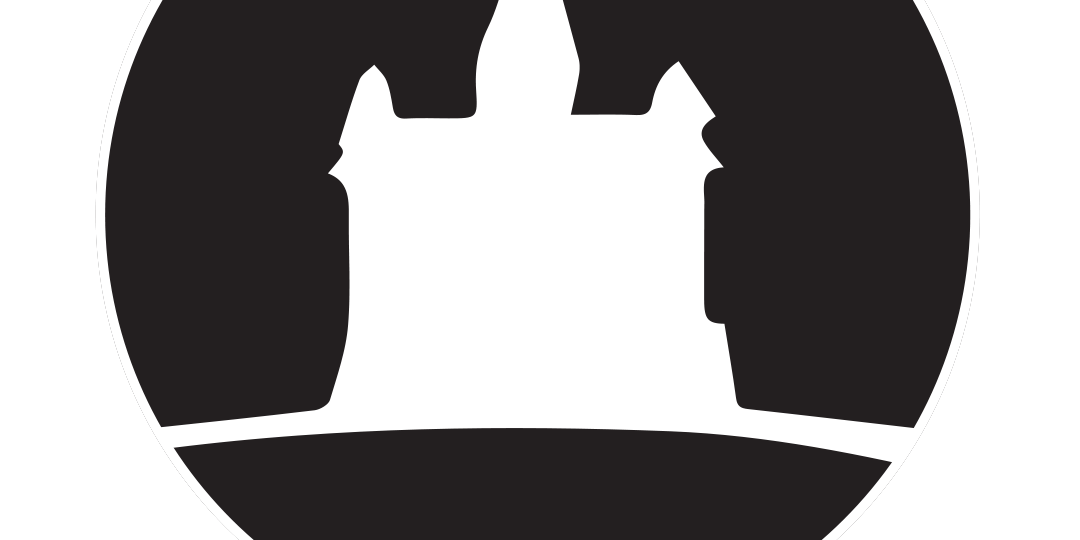
It’s become commonplace for students to have their laptops open in every class, regardless of their necessity. I acknowledge that some students have their notes on Google Drive. I type faster than I write, and it’s easier to keep pace with the professor this way. I see nothing wrong with this. What I’d like to draw attention to is the effects of a completely unquestioned use of tech, and what it means for us as liberal arts students.
Notes are for retention, synthesis, and, ultimately, meaning-making. You take in what the professor or your fellow students provide, and you store it in a way that’s easy to access. What I see, though, isn’t a bridge between class information and student. I see a gap. I see students playing solitaire. I see students obsessively checking Gmail, Google Calendar, or SIS. I see students using online grade calculators rather than listening to the lectures of the professors who will give them the grade. I hold myself accountable too. When I have my laptop open, I feel antsy, distracted, and undirected. I think of an email to respond to, and I tell myself, “Oh, it won’t matter too much if I do it really quick.” That “really quick” action turns into a class-long back-and-forth between paying attention and solving “little issues.”
This mode of being reduces intentionality, clarity, and focus.
When you open your laptop, phone, or tablet to text friends or cram for an exam, you’re fragmenting yourself. This half-here, half-there approach leaves you vulnerable. The brain needs stillness. It needs a breathing space. I know some classes are boring, there are other obligations, and it’s not as simple as switching off outside anxieties. Hear me out: undivided focus is a form of self-care.
A friend recently told me, “When I work, I’m thinking about the fun things I want to do. But when I do fun things, I’m thinking about the work I have to get done. I feel lost.” Work-play balance is critical. If a particular classroom and instructor no longer signify a particular topic to focus on, if that hour is to be filled with whatever seems interesting, if there aren’t clear spaces for this work as opposed to that work, it’s harder to have uninterrupted work time for the larger projects later on.
And, I’ll argue, it’s harder to remind yourself of the big picture when you’re combing through little things and polishing this or that. How lucky we are. We’re on a beautiful campus, surrounded by professors whose minds are mines of the most fascinating information. We get to study. That can be enough. Your professors don’t expect a perfect essay. What they expect is that you remain here and you try.
You could question me, “Why do you care? It’s not your life.” No, it’s not, but my fellow classmates, I came here to hear your beautiful thoughts, consider your ideas, and track your theories as you explain them. That’s what college is for. To say I wouldn’t be influenced by the choices of students around me would be to pretend I’m here solely for academia. If each education were individual, we could all take online classes from a locked room and be content. But we are social creatures. What we do contributes to the establishment of the norm. Where we direct our attention influences where others direct theirs.
I know you are all so intelligent, creative, curious, and capable. I’ve sat across from you in class discussions, watched you give presentations, and seen your writing, thinking: what does it take to build a mind like that? I am constantly impressed. I want to learn from you and with you. But we can’t reach each other if our attention is divided.
I think a no-tech policy in classrooms would be effective. At least, stricter rules on when to use laptops would be helpful. But the purpose of this letter is not to prescribe solutions. It’s simply to put my thoughts out there, hoping that some of you agree.
The heavy presence of tech robs us not only of the opportunity to build focus, endurance, and patience for our own sake, but of something far more precious: a sense of place. When you open up that MacBook, ask yourself: where am I? You could be here instead. All you have to do is close the tab and look up.
Olivia Hebblewhite is from Waunakee, Wis. Her majors are English and environmental studies.

